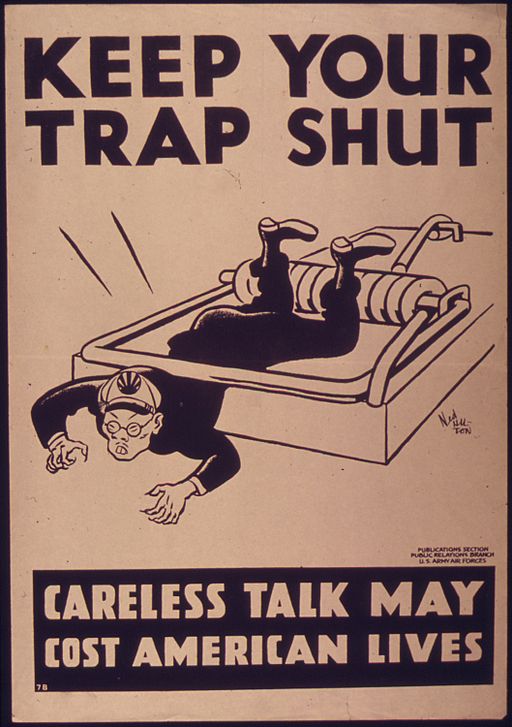Shut vs Close
Although both “shut” and “close” are often used interchangeably, there is a difference between the two words. “Close” can be used as both a verb and a noun, while “shut” is only used as a verb. The origins of “shut” can be traced back to the Old English word “scyttan,” whereas “close” has its origins in Middle English. Additionally, “close” has several phrasal verbs such as close down, close in, close something out, and close with, etc. In contrast, “shut” is used in phrases like be shut of, shut the door on, and shut one’s eyes to, among others.
What does Shut mean?
“Shut” is typically used to imply “fully close.” For example, in the sentences “Please shut the door” and “Amanda shut her lips tight,” the word “shut” conveys the meaning of “fully close.” “Shut” is also used in the formation of various phrases and expressions, such as “shut down” and “shut up.”
What does Close mean?
On the other hand, “close” often means “enclose,” “block,” or “cover.” In the sentences “Please close the door” and “Rahul kept closing his eyes and nodding off during the chairman’s speech,” the word “close” serves to convey the idea of “cover.” “Close” is primarily used to suggest “fitting tightly,” as in the sentence “Close the bottle with the lid and keep it in the box,” where “close” implies “fitting tightly.” Notably, “close” is often followed by the prepositions “by” or “with.” Like “shut,” “close” is also used in the formation of expressions and phrases, such as “close up” and “close in.”
Key Takeaways
- “Shut” is used to indicate “fully close,” while “close” often means “enclose,” “block,” or “cover.”
- “Close” is primarily used to suggest “fitting tightly” and is often followed by the prepositions “by” or “with.”
- Both “shut” and “close” are used in the formation of various phrases and expressions, such as “shut down,” “shut up,” “close up,” and “close in.”
